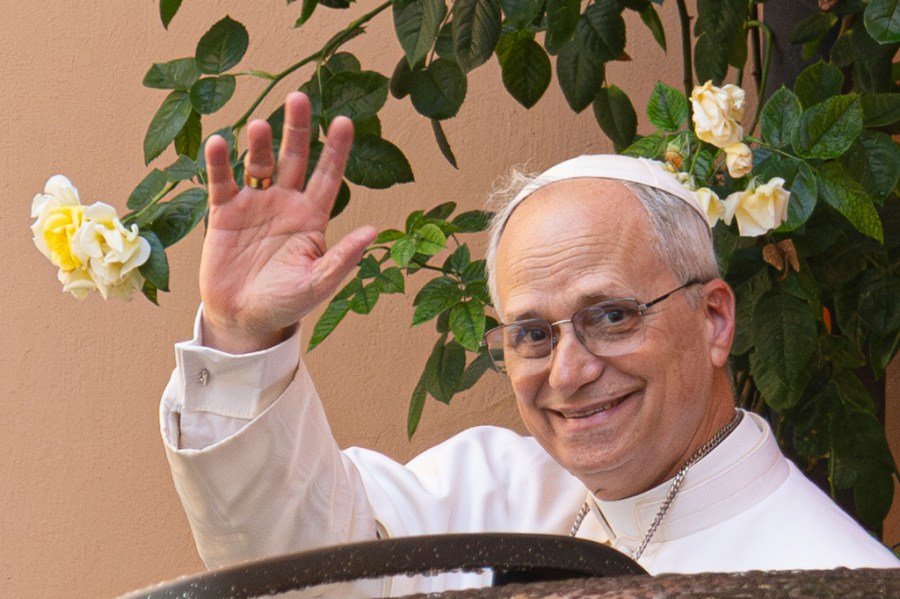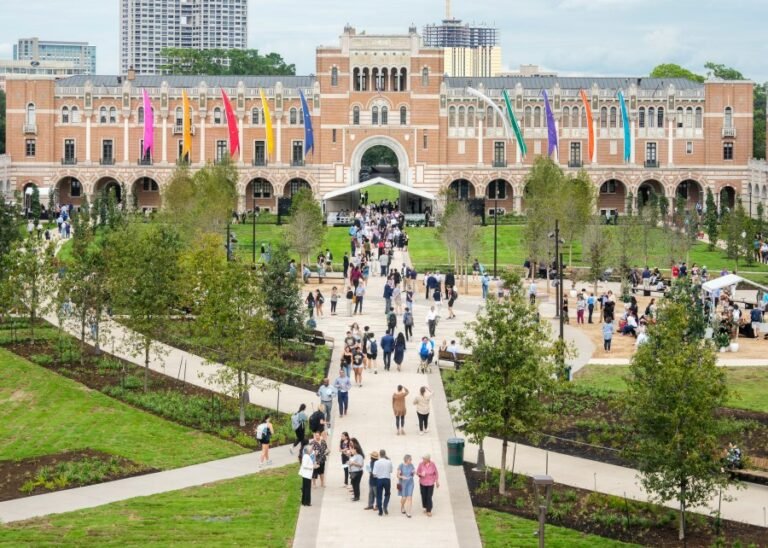
The new pope, Leo XIV, greeted his new flock from the Vatican loggia with a traditional Catholic greeting: “Peace be with you all! … I would like this greeting of peace to resound in your hearts, in your families, among all people, wherever they may be, in every nation and throughout the world.”
Traditionally, peace is the most important goal of the Vatican diplomacy. But Leo’s understanding of it will likely be very different from that of his predecessor, Pope Francis.
Pope Leo was elected as a compromise candidate because the leading candidate, Vatican secretary of State Pietro Cardinal Parolin, was damaged by actions of the Chinese government, which exploited vacancy on the papal throne to appoint two new bishops in China without Vatican approval. The 2018 agreement, negotiated by Parolin, stipulated that such nominations had to be approved by the Vatican.
Since the Chinese government deliberately damaged its greatest ally in the Vatican, it is doubtful that that the new pope will extend this agreement after it expires in three years.
The next most powerful candidate, Luis Cardinal Tagle of the Philippines, suffered a vicious attack just before the conclave that he is a habitual gambler. This attack, which might be completely spurious, seems to have knocked him out of the running.
The choice devolved to aggressively promoted radically progressive candidates and more conservative ones, but none received the sympathy of the majority. Attention turned to Robert Prevost, who was supported by Latin Americans. He was a follower of Francis in his emphasis on pastoral activities and championing of the poor but also supported traditional liturgy. He had management experience in the Curia as prefect for church bishop nominations and as a general of the Augustinian order. He possessed a calm, cautious and balanced personality.
When some conservative cardinals signaled that he was acceptable to them, a breakthrough occurred that led to his quick election.
The question arises whether his American background was taken into consideration in the election. Even though he was born and educated in the U.S., he is culturally Latin American and was championed by Pope Francis and fellow Latin American bishops. Timothy Cardinal Dolan of New York said in a television interview that he never considered him a U.S. cardinal and only met him for the first time in Rome.
Nevertheless, his U.S. birth will likely influence his policies. Latin Americans are often anti-American and with natural sympathy toward Russia. Leo XIV will not likely share such prejudices, since he is American and likely to share basic values of freedom, rule of law and free markets as a result of his U.S. education. This will have two major consequences in relations with Russia and with the U.S.
Immediately after the conclave, Russian President Vladimir Putin sent a congratulatory message to Pope Leo with a wish to continue previous “constructive dialogue” with the Vatican. But what was this constructive dialogue when Francis’s 2016 meeting with Russian Patriarch Kirill in Havana was such a disappointment? Kirill, having promised to work for peace, instead betrayed Francis and became involved in championing the war as an adjunct to the Russian government.
Francis felt compelled to bury his criticism of Russia due to his diplomatic obligations. But Pope Leo is not a party to Francis’s declaration with Kirill. He is likely to be more outspoken and critical on the question of the Russian aggression in Ukraine.
As far as relations with the U.S. are concerned, it seems that the main conflict between the Trump administration and Francis was the social issue of illegal immigration. Vice President JD Vance was the last public person to meet with Francis to discuss it with him.
Even though Leo is promising to be as active as Francis in championing social issues threatening the dignity of the human person, such as poverty and exclusion, he announced at this Sunday’s greeting that he considers threats posed by new technologies, such as artificial intelligence, to be most important in today’s world. It is possible that he will find common positions with the American government on such concerns.
Further, his American background might be useful to revitalize the American Catholic Church and solicit American donations for the Vatican’s troubled budget. If he is to succeed, he must not be too confrontational toward American Catholics, who voted for President Trump by a large majority and support his policies.
As Francis’s funeral demonstrated, with its global delegations of royalty and national leaders, the Catholic Church retains its moral authority in the world. Its voice still matters. Today, the majority of Catholics reside in poor countries of the so-called Global South, and this is where its voice is heard most clearly.
Francis’s anti-American rhetoric and compromise Ostpolitik toward Russia and China indicated papal support for certain neutrality toward them and for policies of confrontation with the West. But Russia and China treated the Vatican instrumentally and used it as a fig leaf for their aggressive policies.
It is unlikely that the Vatican will continue this course. Abandonment of discredited Ostpolitik toward Russia and China and of the anti-American bias in Vatican policy will lead to a chance to align the new pope with the West — not only in Ukraine but also in the Global South in general. This would be a significant step toward peace in the world.
Lucja Swiatkowski Cannon, Ph.D., is a senior research fellow at the Institute of World Politics in Washington and a strategist, expert and author on Eastern Europe, Russia and U.S.-East European relations.


